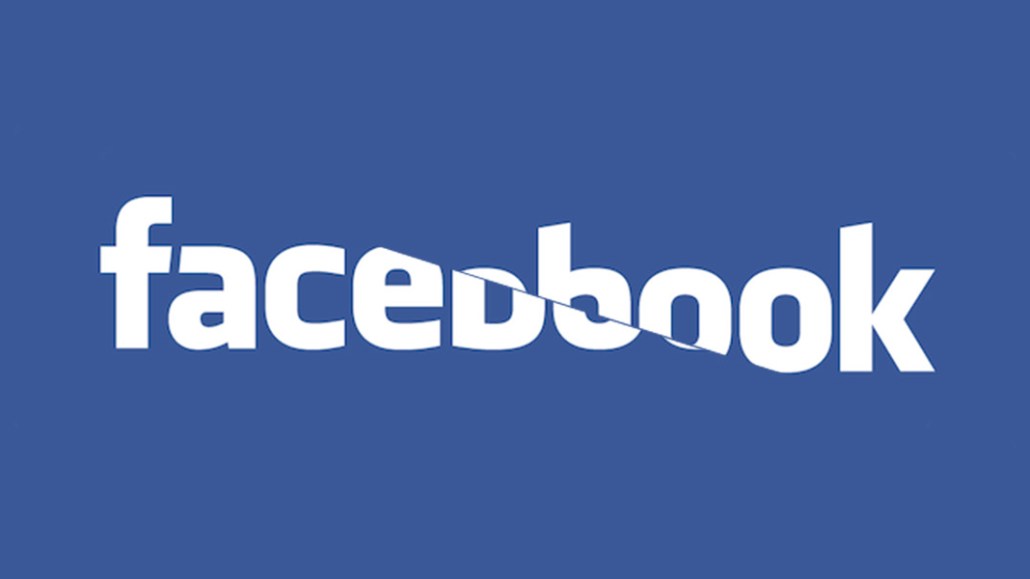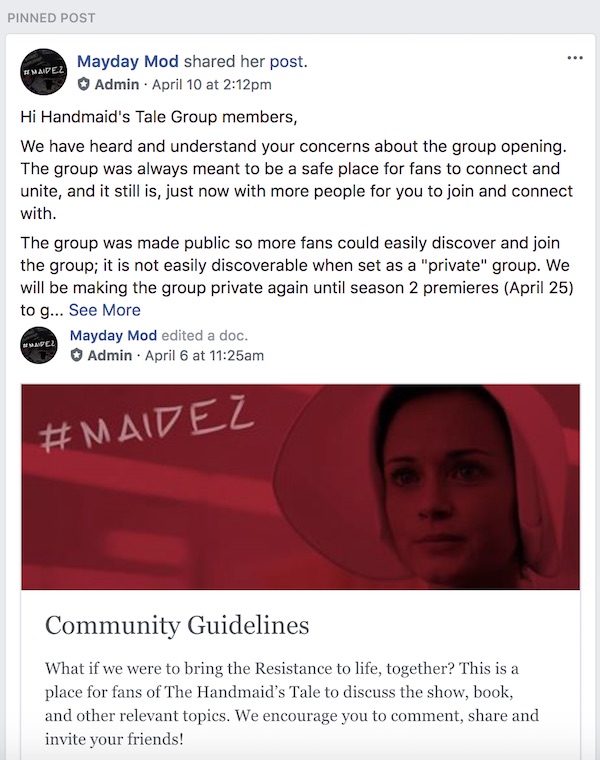Secure your place at the Digiday Media Buying Summit in Nashville, March 2-4
Interest in Facebook groups is high, but growth is slow for brands

In January, when Facebook changed its algorithm to prioritize user content over publisher or branded content, ad buyers were quick to pitch Facebook groups as a way for marketers to reach target customers without being punished by the platform’s new algorithm. Five months later, user interest is tepid for many brand pages, with low participation and interaction by members.
Fitbit is one example. The company created 12 different groups geared toward major cities like San Francisco, Los Angeles and New York. Each group has around 200 members, but that’s a far cry from the 2.4 million followers of Fitbit’s Facebook page. Fitbit’s group for fitness-focused San Francisco had only 11 posts in the past 30 days.
Some companies are enthusiastic about the potential Facebook groups gives them, but getting groups discovered among the 200 million groups that exist on Facebook and having enough people to run them have held them back.
In March, The Vitamin Shoppe, which turned its focus to Facebook groups after the algorithm changes, launched two groups, Staying Fit with The Vitamin Shoppe and Eating Healthy with The Vitamin Shoppe. But the company has hardly done any promotion of the groups, and both have fewer than 300 members, said Lisa Chudnofsky, head of content and customer engagement at The Vitamin Shoppe. The company plans on starting to promote the groups through its email, website and social channels. The Vitamin Shoppe also only has one community manager who is running the groups, along with the company’s other social accounts. “She’s definitely working her tail off right now,” said Chudnofsky, adding that she will have to enlist others on her team as the groups grow.
The hope is to create exclusive content for the groups, content that users cannot get from its Facebook page, using its in-house nutritionist and wellness council made up of health and wellness influencers to develop content. “There’s definitely more brands trying out Facebook groups, so it’s important to distinguish ourselves,” said Chudnofsky. “It’s not a build it, and they will come situation.”
Facebook is taking steps to make it easier to find groups. Last week at Facebook’s F8 conference, the social platform announced a new Groups tab for users to discover groups and a Facebook group plug-in that companies can add to their pages. It brought indoor cycling workout company Peloton onstage as a success story. Peloton has nearly 88,000 members in its closed group, Official Peloton Member Page. The company has had time to cultivate the group because it started it three years ago, and community is core to what the company does, said Brad Olson, svp of member experience at Peloton. He said the Facebook group receives 300 posts, 5,000 comments and 20,000 reactions every day.
“It’s a great way for our members to engage with one another between workouts, and share their goals and hold each other accountable,” he said.
As Hulu discovered, being found can have unintended consequences. Last year, Hulu launched a secret fan group for “The Handmaid’s Tale.” In April, just before the second season aired, it made the Facebook group public so it was more discoverable. Members were angry that their comments were suddenly available for anyone to read, and some announced in the group that they would lead their own Facebook groups around the popular TV show. The group admin said the decision was made so fans could easily discover and join the group.

More in Media

From feeds to streets: How mega influencer Haley Baylee is diversifying beyond platform algorithms
Kalil is partnering with LinkNYC to take her social media content into the real world and the streets of NYC.

‘A brand trip’: How the creator economy showed up at this year’s Super Bowl
Super Bowl 2026 had more on-the-ground brand activations and creator participation than ever, showcasing how it’s become a massive IRL moment for the creator economy.

Media Briefing: Turning scraped content into paid assets — Amazon and Microsoft build AI marketplaces
Amazon plans an AI content marketplace to join Microsoft’s efforts and pay publishers — but it relies on AI com stop scraping for free.








